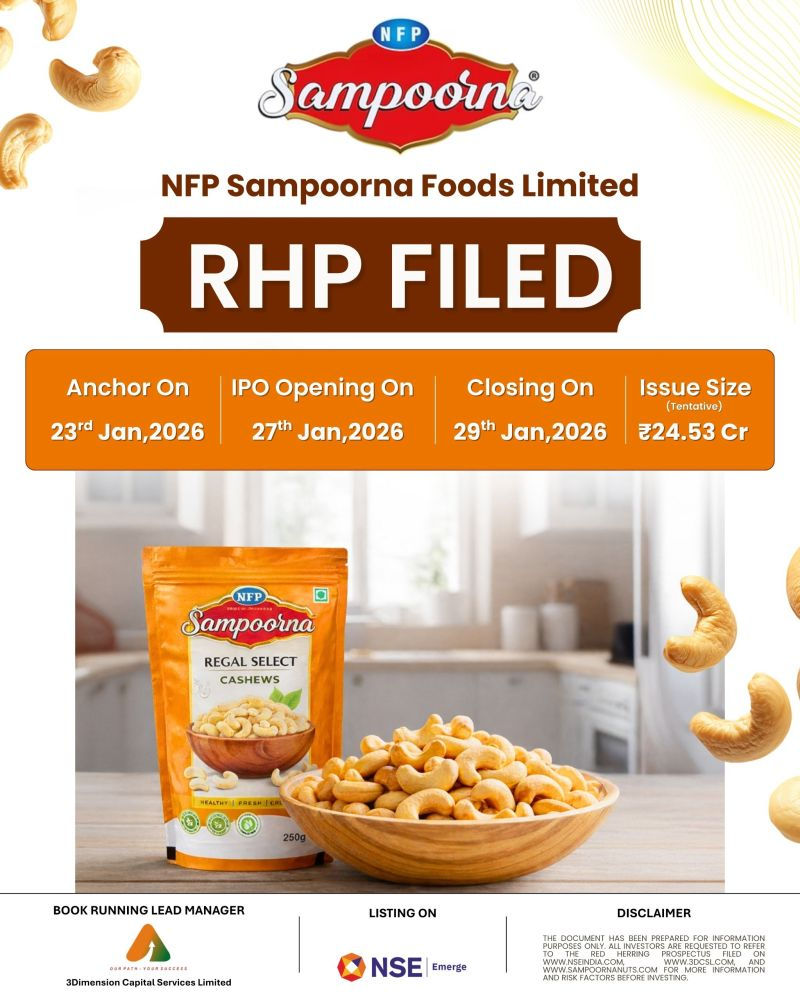How to Store Cashews
- sampoornanuts

- Feb 28, 2022
- 3 min read
Updated: Oct 7, 2025

We all know that cashews are really healthy. They're high in antioxidants and fiber, contain a lot of nutrient-dense monounsaturated fat, and have even been shown to decrease cholesterol, inflammation, and your risk of heart disease.
Cashews are nut seeds that can be served as a healthy snack as is or as an ingredient in desserts, salads, appetizers, stews, and other dishes. But no matter how you plan on using them, it’s important to know what proper storage of these nuts looks like.
Storing Cashews
If you buy cashews in bulk, after you get home, transfer them to an airtight container or freezer bag. This will aid in reducing air exposure.
If you buy them in a plastic bag, put them in an airtight container as soon as you open the bag. If they come in a jar or resealable can, you can store the nuts in them before and after opening.
Okay, now it’s time to talk about where to keep them.
Contrary to popular belief, cashews should be kept in the fridge or freezer as opposed to the pantry. Why?
Because cashew nuts contain a large quantity of unsaturated fat, a delicate type of oil, they are especially susceptible to rancidity. Spoilage is hastened considerably more in the presence of light, oxygen, and, you guessed it, heat. Storing cashew nuts in the fridge or freezer limits their exposure to all three of these, and will result in your cashews tasting less bitter and more flavorful vibrant for a longer period of time.
You can store cashews for up to a year or more if you keep them in a sealed bag in a cool, dark, dry environment such as the freezer. You can keep them in the refrigerator for four to five months.
But if you're going to use your nuts soon, it's acceptable to keep them in a cool, dark place in your pantry.
Want to try tasty cashew recipes? Check out our Cashews Roasted Recipes blog and Order now on Blinkit for fresh cashews!
How to Spot Rancid Cashews
Mold development is one of the first indicators that your cashews have gone bad. If you find any on your nuts, throw them away. Without obvious signs of mold growth, there are other hints you can look for in your cashews. They may appear visually shriveled, darker, or completely dry, reflecting a brittle consistency. If you're not sure about the appearance of your roasted cashews, try one to see if they're still edible. If the cashews have a harsh taste, brittle firmness, or an extremely dry texture, they are rancid and should be discarded. If cashews have gone rancid, refrigerating or freezing them will not restore their freshness.
When choosing cashews, it is important to choose nuts that are high quality to begin with and are packaged expertly.
How should I store cashews to keep them fresh for longer?
To maintain freshness, store cashews in an airtight container in a cool, dry place, away from sunlight.
How long do cashews last if stored properly?
When stored in a cool, dry place, cashews can last up to 6 months. Refrigerated cashews can last 6-12 months, while frozen cashews can stay fresh for up to 2 years.
Can cashews be stored in the refrigerator?
Yes, refrigerating cashews in an airtight container helps prevent them from becoming rancid and extends their shelf life.
What are the best conditions for storing cashews?
Store cashews in a cool, dark, and dry environment, such as a pantry, refrigerator, or freezer, to preserve their flavor and nutrients.
How can I tell if cashews have gone bad?
Cashews that smell sour, taste bitter, or have a stale, off odor have likely gone bad.




